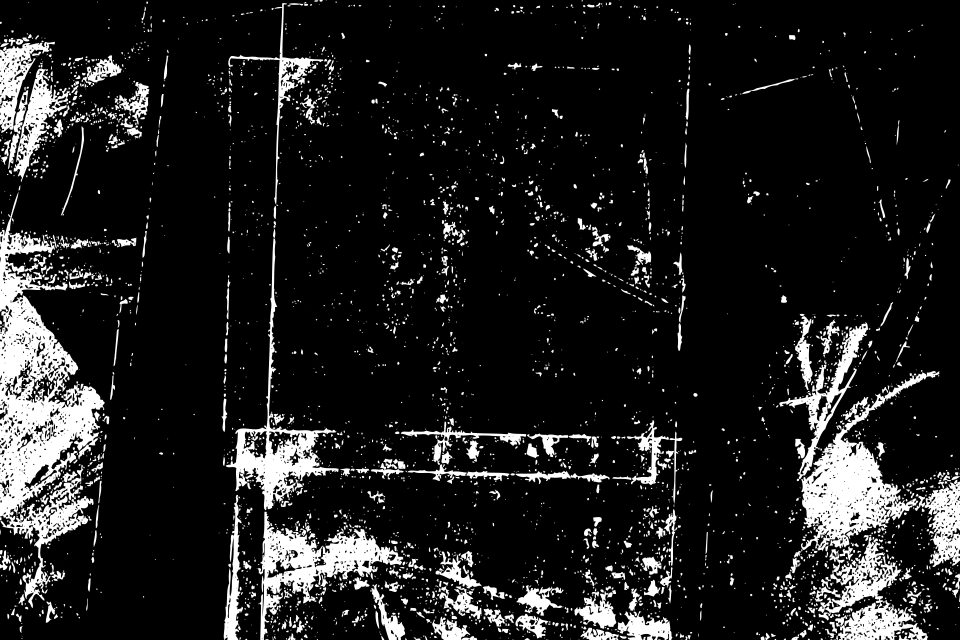We all have those teachers who, when we look back on our schooling, we can say helped us find ourselves along the way to becoming an adult. Hopefully. I’ve had a few in those crucial years in high school and at university. And we all have those books we can look back to as formative. Hopefully. Watership Down, Lord of the Flies, Crime and Punishment, Slaughterhouse Five. You know, the hits.
In an English Lit class in college, professor George Wolf had my number during our reading of Moby Dick. We kept a journal why we were reading that massive piece of literary greatness. In one of my journal entries, midway through the book, Professor Wolf scribbled in the margins, “you’re a ripe one for the try-works.” It was a response to some sort of emotional reaction I was having to the text. And I had no idea what he was talking about.
Then, one afternoon while I was plowing through a reading assignment on the front porch, just trying to get this beast of a book done. Because let’s be honest, Moby Dick can be a bit much at times. Anyway, I’m reading at a good pace and finish this chapter that really resonates with me. Speaks to my soul. I look back at the chapter title: “The Try-Works.”
The artificial fire versus the burning of the natural sun. Catching a glimpse into the madness and ghastliness of others. Consumed in smoke... Look not too long in the face of the fire, O man! The sun hides not the ocean, all is indeed vanity. “The man that wandereth out of the way of understanding shall remain” (i.e. even while living) “in the congregation of the dead.” Don’t give up to the fire, or it will deaden thee.
Take that for what it’s worth. I mean, it’s Melville, after all. I was into it, especially since a good chunk of that book is pretty dry. I heard he got paid by the word. Which makes sense to me.





